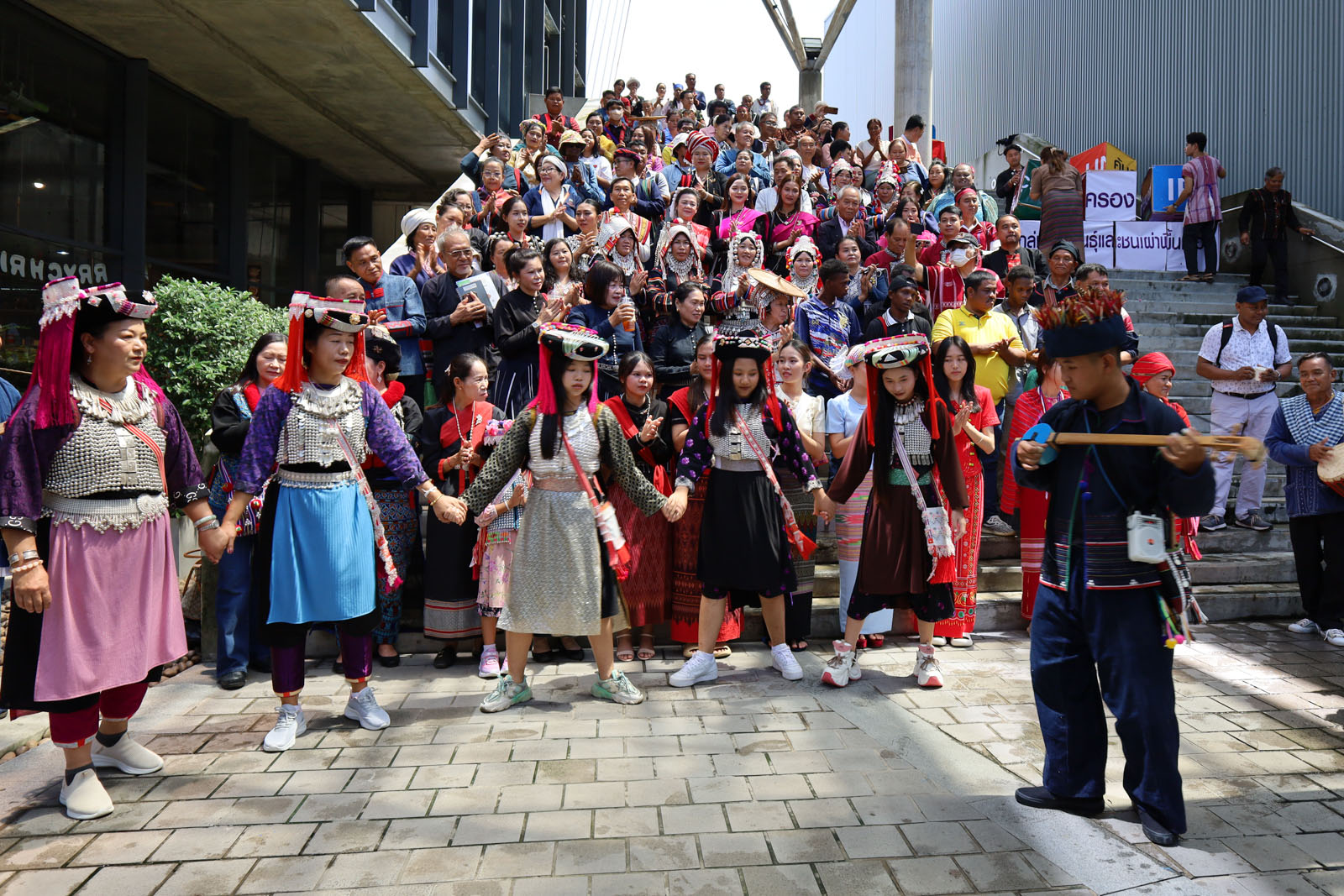This article was originally published on HaRDstories.
Bangkok, Thailand — Thailand has passed its first law to protect indigenous communities after the House of Representatives voted overwhelmingly in favour of the bill on Wednesday, with 421 votes in support, three abstentions and two non-votes.
“Today is a historical day in the Thai parliament. It’s the first time that the existence of ethnic communities have been documented in the law,” said Manop Keereepuwadon, an indigenous Karen parliament member from the People’s Party.
Sakda Saenmi, a Lisu indigenous elder and secretary of the Council of Indigenous Peoples (CIPT), said the law would benefit both indigenous communities and Thai society as a whole. “Whilst the law is not a miracle cure that can fix everything, it will pave the path toward better lives for ethnic groups. They can be better integrated into the country.”
The draft act will be passed for royal assent before enforcement in 90 days. Wednesday’s voting was on a revised version of the bill that had been amended by the upper house.
With a population of about six million spread across sixty groups, the country’s indigenous people remain marginalised – many stateless, others treated with prejudice and routinely criminalised on their ancestral lands in confrontation with modern conservation laws. The Ethnic Protection Bill aims to safeguard their rights and honour their traditions of living in harmony with nature.
Comprising 47 provisions, the bill would legally recognise their identities, affirm their access to fundamental rights as Thai citizens, and address common issues facing the communities such as cultural erosion, land disputes and displacement from development projects.
The bill’s enactment has been welcomed with celebration by indigenous communities, particularly as this Saturday (9 August) marks International Indigenous Peoples’ Day. Thailand is the fourth country among the ten Southeast Asian nations to have ethnic protection laws.
In 2014, the Council of Indigenous Peoples first proposed the idea of indigenous law to parliament, but political hurdles delayed the movement until 2022 when the Council resubmitted the draft, backed by more than 10,000 supporters. The bill, later combined with four other drafts, advanced to parliamentary vote.
Whilst the communities embrace the law, they also hope to advance the legal protection further, including recognising the term “indigenous people” – which connotes the sense of belonging to their ancestral land – to replace the more widely accepted term “ethnic groups”.
Read about the decade-long battle for indigenous rights here.
